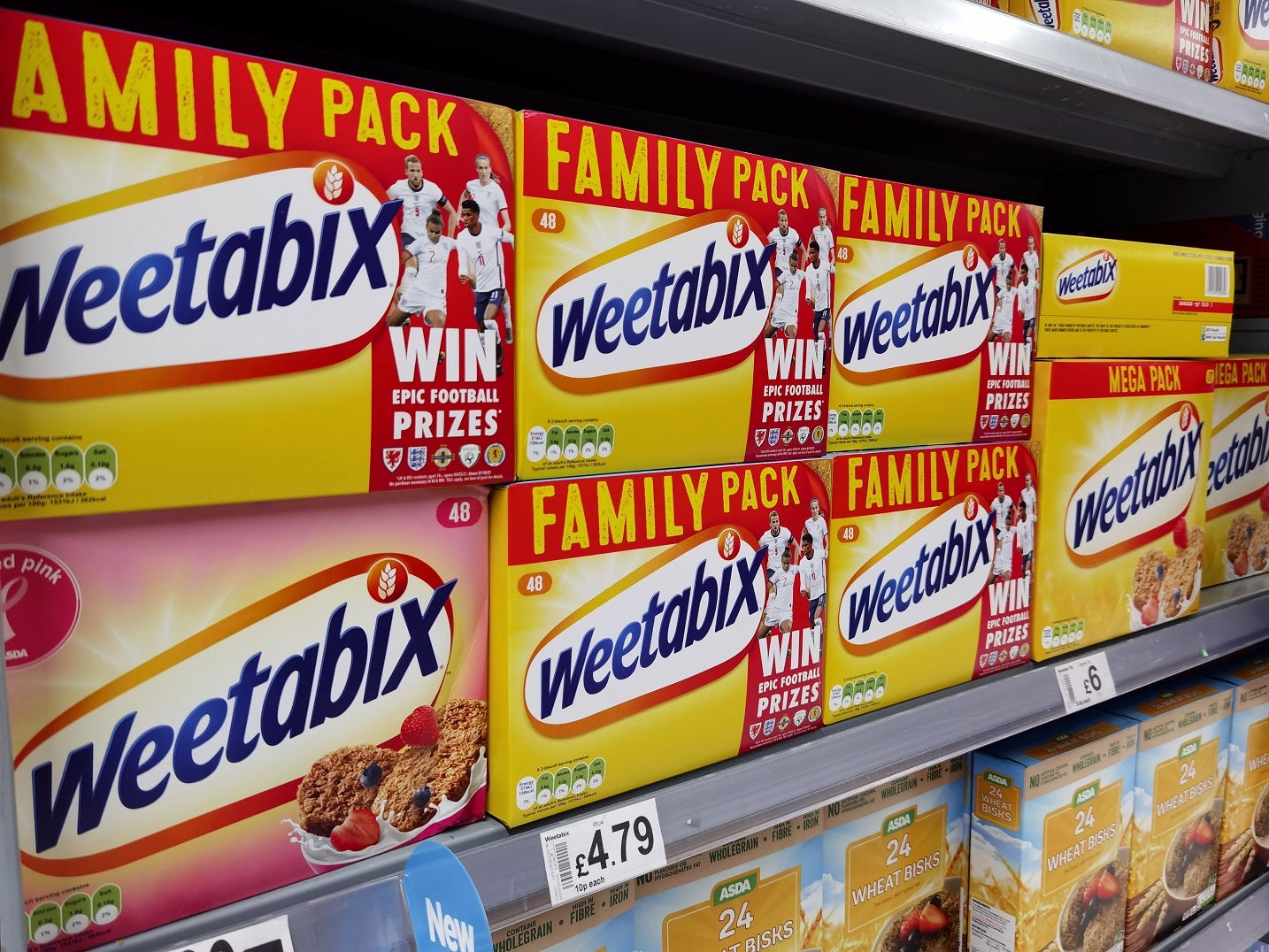
Weetabix, the UK breakfast-cereal business owned by Post Holdings, said it has acquired local peer Deeside Cereals.
Deeside Cereals was bought from Wholebake on 1 December, Weetabix said in a brief statement, adding that the deal will bring “new capabilities and additional manufacturing capacity”.
The Weetabix statement read: “Deeside Cereals will continue to operate as a standalone business and the Weetabix Food Company is not planning to make any changes to the site or workforce in the foreseeable future.”
In 2021, Wholebake was acquired by London-based private-equity firm Elysian Capital. Later that year, Wholebake in North Wales also snapped up Deeside Cereals.
Just Food has contacted Weetabix for more details on the transaction and has also approached Wholebake, via Elysian Capital, for comment.
US-headquartered Post Holdings acquired Weetabix in 2017 from Chinese state-backed majority shareholder Bright Food Group and an investment fund advised by Baring Private Equity Asia.
Access the most comprehensive Company Profiles
on the market, powered by GlobalData. Save hours of research. Gain competitive edge.

Company Profile – free
sample
Your download email will arrive shortly
We are confident about the
unique
quality of our Company Profiles. However, we want you to make the most
beneficial
decision for your business, so we offer a free sample that you can download by
submitting the below form
By GlobalData
Weetabix produces cereal under its own brand name and also the likes of Alpen, Ready Brek and Crunchy Bran. The cereal maker struck another deal last year for UFit, the protein shakes business then-owned by Lacka Foods.
In Post Holdings financial year to 30 September, Weetabix generated sales equivalent to $512.1m, an increase of 7.3%.
Segment profit was $73.9m, a decrease of 32.5%, while adjusted EBITDA was
$110.2m, down 24.9%, Post Holdings reported in November.
Discussing those results, Post Holdings’ CEO Jeff Zadok, who is standing in while permanent boss Rob Vitale is on medical leave, outlined the challenges Weetabix is facing in the UK as a more premium-centred brand.
“If you track that market, cereal has become slightly greater than 50% private label,” Zadok said.
“What we need to do to get it back to closer to where we were pre-pandemic is we believe we need to simplify the business. We need to have a renewed focus on cost reduction and we need to continue investing in the brand so that we maintain the premium price points that enable us to generate the margins from that business.”
